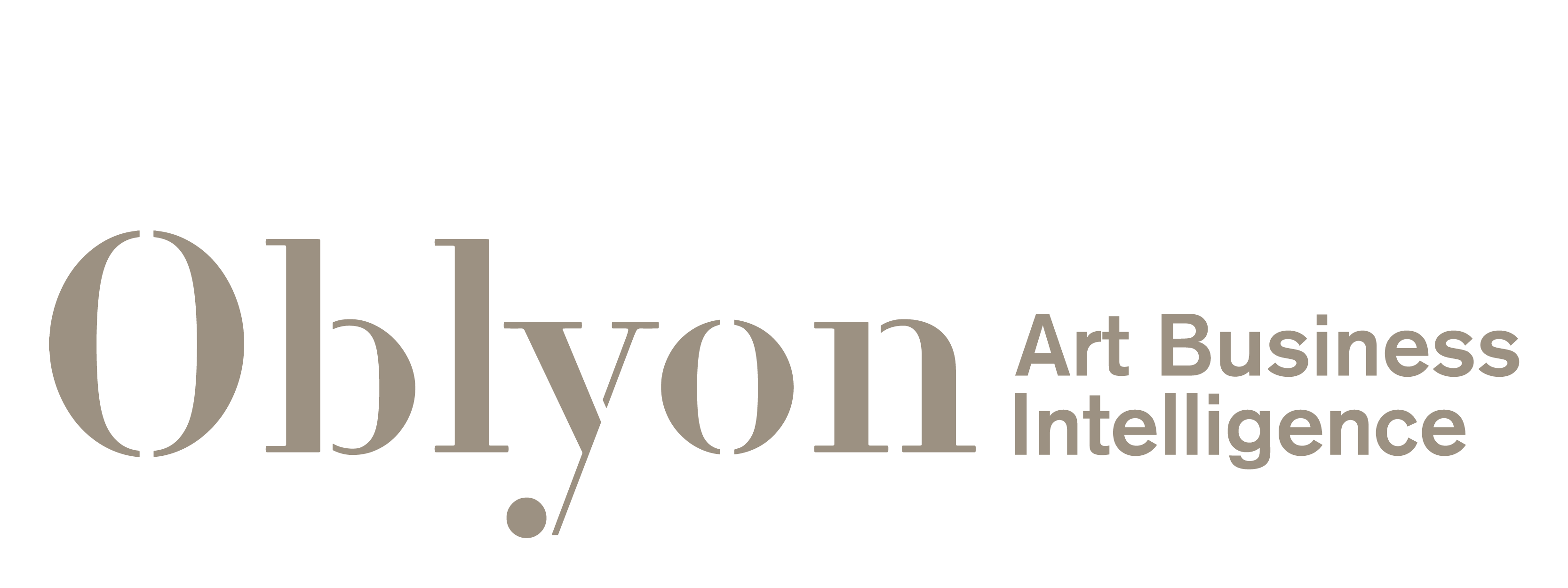A NEW YORK STATE BILL SEEKING TO PROTECT ART AUTHENTICATORS
On 15 June 2015, the New York State Senate approved a bill, S1229A-2015 (the “Bill”) to amend New York Arts and Cultural Affairs Law (“NYACAL”) in relation to opinions concerning authenticity, attribution and authorship of works of fine art. The Bill, which we hope will one day become law, aims to remedy some deficiencies in NYACAL around the absence of protection for experts rendering independent, good-faith opinions about authenticity, attribution and authorship of works of fine art. Specifically, the approved Bill (i) defines an “Authenticator”; (ii) heightens the pleading standard for claimants bringing claims against authenticators; (iii) precludes claimants from recovering their legal costs from authenticators if the claimant is successful in his claim against the authenticator; and (iv) authorises the court to allow authenticators to recover their legal costs from claimants if the authenticator is successful in defending the claim, upon a showing of good and just cause.
This Bill grew out of a growing concern over frivolous lawsuits against authenticators brought by unhappy claimants dissatisfied with an expert’s opinion, asserting negligence, negligent misrepresentation, fraud, disparagement, antitrust, defamation etc. The result of these lawsuits has led to authenticators, including scholars, academics, artist authentication boards and authors of catalogues raisonne, ceasing to practice their profession due to exorbitant costs of litigation. In fact, many prominent artist foundations have dissolved their authentication board. It is common knowledge that the value of art largely depends on its authenticity. Reliable authenticity opinions play a crucial role in ensuring that the market is not flooded with fake works of art. In order to encourage authenticators to get back to the business of authenticating and to reduce the number of frivolous claims made against authenticators, the New York State Senate approved the Bill.
The Bill defines an “Authenticator” as “a person or entity recognized in the visual arts community as having expertise regarding the artist, work of fine art, or visual art multiple with respect to whom such person or entity renders an opinion as to the authenticity, attribution or authorship of a work of fine art or visual art multiple, or a person or entity recognized in the visual arts or scientific community as having expertise in uncovering facts that serve as a direct basis, in whole or in part, for an opinion as to the authenticity, attribution or authorship of a work of fine art or visual art multiple.” The Bill goes on to provide that an authenticator “shall include, but not be limited to, authors of catalogues raisonne or other scholarly texts in which an opinion as to the authenticity, attribution or authorship of a work of fine art or visual art multiple is expressed or implied.” The definition of an “Authenticator” expressly excludes any person or entity having a financial interest in the work of fine art or visual art multiple to be evaluated, other than to be compensated for rendering the expert opinion.
The Bill requires claimants to plead with particularity each element of each claim they allege against authenticators. This particularity requirement mirrors the requirement under New York State and U.S. federal rules to plead the allegations of fraud with particularity.
The Bill also seeks to deter claimants from bringing frivolous claims by permitting courts to award legal costs to successful authenticators and by precluding courts from awarding legal costs to successful claimants for claims brought against authenticators relating to their expert opinion.
Unfortunately, the Bill will not become law this year. Under New York law, for a bill to be enacted into law it must pass both houses of the New York State legislature, the Senate and the Assembly. It must then be signed by the Governor of New York, who may choose to exercise his veto powers. Although the New York Senate approved the Bill, the Committee in the Assembly in-charge of introducing the Bill to the Assembly floor for a vote blocked the Bill. The Art Law Committee of the New York City Bar Association plans to aggressively lobby the New York State legislature to reintroduce the bill to the Senate and Assembly in 2016. If the Bill is enacted into law, it will be the first of its kind in United States to expressly protect art authenticators.
artatlaw.com
